New technologies and changing expectations in the workforce are driving a learning transformation.
In this webinar with Craig Weiss, CEO and Lead Analyst for the Craig Weiss Group and FindAnLMS, Christian Weibell, Chief Product Officer for eLearning Brothers, and Jon Tota, Rockstar Learning Evangelist, we discussed:
- The changing landscape of learning
- The future of instructional design
- The future of eLearning authoring tools
- The future of learning platforms
- The future of roles and responsibilities
- The future of training
Watch the recording below to explore the future of learning and what that looks like in your organization.
Jon started the discussion off with a question for Christian that we get asked all the time:
"What is a Learning Experience Platform—or LXP—and how does it differ from a Learning Management System—or LMS?"
Christian: It’s important to recognize that things that seem to be new oftentimes have a precedent that goes way back. In this case, some of the principles of a learning experience platform have been implemented and driven forward by people inside of organizations for at least two decades. But it’s something that’s becoming much more common.
I think of it in two categories:
- LMS - Traditional, top-down, assigned learning (safety training, certification, onboarding, topics that HR assigns)
- LXP - Learner-centered, self-directed learning (learners are self-enrolling or saving content, more social features)
Jon: Are these distinctions mutually exclusive?
Craig: At the end of the day, there’ll be a combo. LXPs have assigned learning now because the development of these platforms was focused heavily on the L&D market. It was inevitable that the LXPs would have assigned learning and compliance. As a result, they started added LMS functionality even while saying “we’re not an LMS.” What they’ll spin it as is they may say “We have LMS-like functionality.” And on the LMS side, they’re starting to add more LXP components. They’ll continue to merge more and more.
Jon: Are authoring tools soon to be extinct and replaced by built-in tools in the learning platform that everyone can access?
Craig: First and foremost, I don’t think the authoring tools are ever going to disappear. The rapid content authoring tools were really designed to take a PowerPoint and convert it. It’s very basic. And then other tools are designed for someone who is a developer or instructional designer to take it to the next level. Fast forward, the built-in authoring tools are not designed for someone with instructional design or eLearning development experience. And that’s the key—it’s designed for you to build content quickly and get it out the door. If you’re a hardcore fan of Storyline or Lectora, you’re never going to leave that product.
Jon: Now that you have all these different content creators, and you have content coming in from non-professional content creators, who are all doing things in a different style… How does one manage that efficiently without turning the platform into a mess with different styles of content?
Christian: At a previous company, we started a process where our instructional designer became the orchestrator of the knowledge flow. She gave the subject matter experts templates and a structure and a little bit of coaching for how to share their knowledge within some instructional design best practices.








